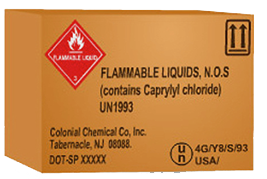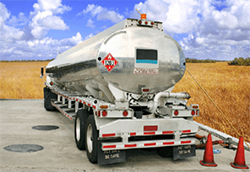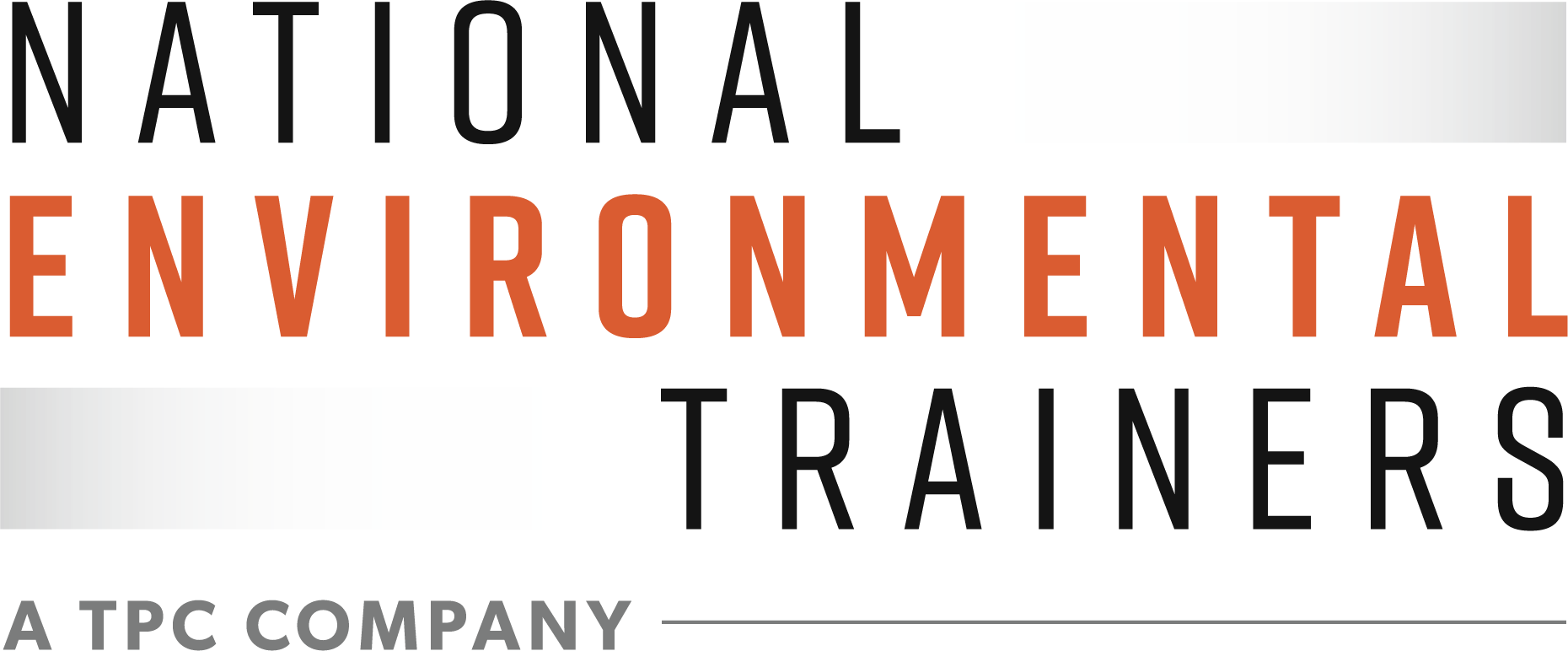How to Comply with Hazardous Materials Regulations
Hazardous Materials Regulations
In an earlier blog, we addressed training requirements for those individuals who work with hazardous materials. To refresh, the U.S. Department of Transportation (DOT) Hazardous Materials Regulation (HMR), 49 CFR 172.704- Subpart H, also known as HM -181, requires training for any individuals who handle, manage, transport, or ship hazardous materials.
More specifically, training applies to any employee who:
- Loads, unloads, or handles hazardous materials or hazardous waste.

- Manufactures, tests, reconditions, repairs, modifies, marks, or otherwise represents containers, drums, or packages as qualified for use in the transportation of hazardous materials or hazardous waste.
- Prepares any hazardous materials or hazardous waste for transportation.
- Is responsible for the safety of transporting hazardous materials or hazardous waste.
- Operates a vehicle used in the transportation of hazardous materials or hazardous waste.
However, does training alone assure compliance with hazardous materials regulations? No!
As a reminder, “Hazardous Materials" includes all of the following:
- Hazardous Substances
- Hazardous Wastes
- Marine Pollutants
- Elevated Temperature Material
- Materials identified in section 49 CFR 172.101
- Materials meeting the definitions contained in 49 CFR Part 173
Important Definitions.
Hazardous Materials Regulations also focus on numerous distinct terms as defined in 49 CFR 171.2(a) within Appendix A. Among them are:
- Commerce: Means trade, traffic, commerce, or transportation within the jurisdiction of the United States.
- Contractor: Any person who, under contract with any department, agency, or instrumentality of the executive, legislative, or judicial branch of the Federal Government, transports, or causes to be transported or shipped, a hazardous material or manufactures, fabricates, marks, maintains, reconditions, repairs, or tests a package or container which is represented, marked, certified, or sold by such person as qualified for use in transportation of hazardous materials shall be subject to and comply with all provisions of the Federal Hazardous Material Transportation Law, or the regulations issued thereunder.
- HAZMAT Employer: A person who uses one or more of its employees in connection with: transporting hazardous materials in commerce; causing hazardous materials to be transported or shipped in commerce; or representing, marking, certifying, selling, offering, manufacturing, reconditioning, testing, repairing or modifying containers, drums, or packaging as qualified in the transportation of hazardous materials. This term includes an owner-operator of a motor vehicle which transports hazardous materials in commerce. This term includes any department, agency, or instrumentality of the United States, a State, a political subdivision of a State, or an Indian tribe described in the first sentence of this definition.
- Offeror: Offeror means any person who performs, or is responsible for performing, any of the pre-transportation functions required under the HMR for transportation of a hazardous material; tenders or makes a hazardous material available to a carrier for transportation in commerce; or both performs, or is responsible for performing, pre-transportation functions and tenders or makes a hazardous material available to a carrier for transportation.
- Person: Person means an individual, firm, co-partnership, corporation, company, association, or joint-stock association (including any trustee, receiver, assignee, or similar representative); or a government or Indian tribe (or an agency or instrumentality of any government or Indian tribe) that transports a hazardous material to further a commercial enterprise or offers a hazardous material for transportation in commerce.
- Shipper: “Shipper" is not specifically defined in the HMR (49 CFR Parts 170-179), due primarily to the fact that it is not possible for the Department to account for the numerous commercial arrangements that may exist under that concept. Although the word "shipper" does appear, it is used in an ordinary layman's manner rather than as a specific, technical term of art. Consequently, responsibilities generally are placed on "offerors" for performance of the functions associated with "offering" hazardous materials for transportation.
- Transports: “Transports" or "transportation" means any movement of property by any mode, and any loading, unloading, or storage incident thereto.
 Officially, the Hazardous Materials Regulations are applicable to the transportation of hazardous materials in commerce and their offering to:
Officially, the Hazardous Materials Regulations are applicable to the transportation of hazardous materials in commerce and their offering to: - Interstate, intrastate, and foreign carriers by rail car, aircraft, motor vehicle and vessel.
- The representation that a hazardous material is present in a package, container, rail car, aircraft, motor vehicle or vessel.
- The manufacture, fabrication, marking, maintenance, reconditioning, repairing or testing of a package or container which is represented, marked, certified or sold for use in the transportation of hazardous materials 49 CFR 171.1(a)
General requirements also state that no person may offer or accept a hazardous material for transportation in commerce unless that person is:
- Registered in conformance with subpart G of Part 107 of this chapter, if applicable, and
- The hazardous material is properly classed, described, packaged, marked, labeled, and in condition for shipment as required or authorized under 49 CFR 171.2(a)
There are also a multitude of additional employer compliance responsibilities set forth within the US DOT regulations that pertain to hazardous materials, including but not limited to:
- Registration
- Permitting and Licensing
- Incident reporting
- Communications
- Documentation
- Labeling/Marking/Placarding
- Emergency response
- Recordkeeping, and
- Training
As you can see, compliance with the Hazardous Materials Regulations can be a very complex undertaking with ongoing employer responsibilities. You can access the Electronic Code of Regulations for US DOT Title 49 online. Also, the Federal Motor Carrier Safety Administration (FMCSA) has published a more detailed page on compliance with these regulations.

